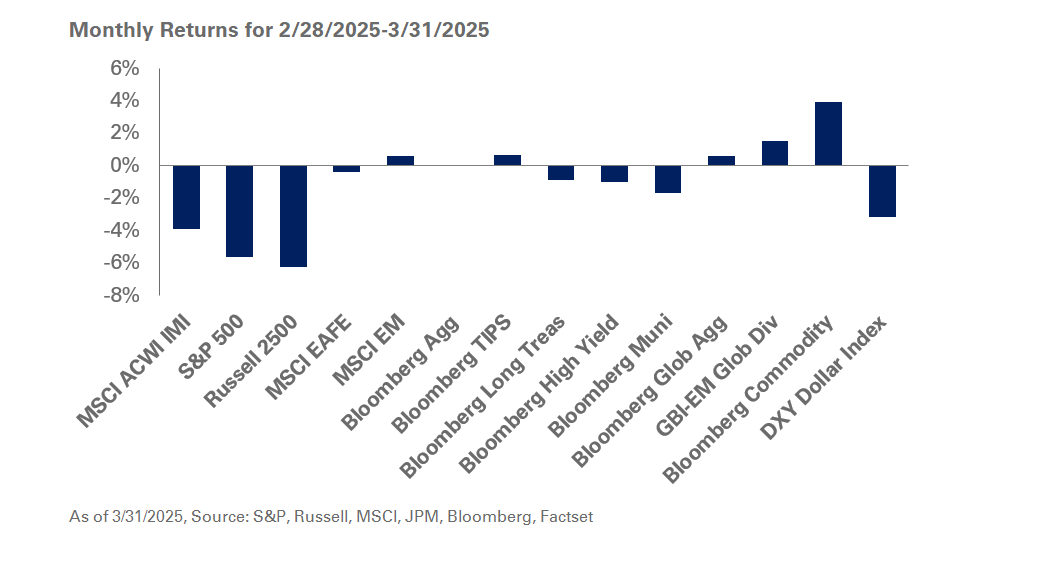INTRODUCTION
What do Spotify, Trivago, Skype and Angry Birds have in common?
These venture capital-backed successes share their origins in Europe, not Silicon Valley. Eclipsed by its cross-Atlantic brethren and often overlooked by investors, Europe is flexing its muscle to take its place in the venture capital world. Larger funds, thriving technology hubs and receptive stock markets are not only fueling a wave of disruptive tech businesses, but also creating a fertile sector that investors would be remiss to overlook. Over the past three years, European venture capitalists raised an average of €8.9 billion, compared to an annual average of €5.3 billion over the prior three-year period.*
With this in mind, NEPC traveled to London, Berlin and Paris to meet with over 20 venture capital managers to garner an insight into this investment opportunity. Our meetings left us impressed and convinced that the continent holds considerable return potential within the venture capital world.
We believe ignoring this market could lead to missed opportunities. Current prospects offer the potential to invest in companies with valuations lower than that of those in the United States. To be sure, as with all investments, clients should carefully consider the merits and weaknesses, assess their appetite for risk, and size commitments appropriately if they decide to go ahead.
The Evolution of Venture Capital in Europe
Although Europe’s economic output matches that of the United States, it still lags in venture capital. In 2017, European venture capitalists invested €16.9 billion while VCs in the US invested almost five times as much at $84.2 billion.*
Following the 2008 financial crisis and subsequent European debt crisis, several key factors came together to drive entrepreneurial innovation within the continent. First, the fallout from these crises brought into question the stability of traditional jobs in Europe, driving significant talent to take a more entrepreneurial approach. Second, incubators formed, with the most notable being Berlin-based Rocket Internet, which morphed into a wellspring of entrepreneurial initiative. Support also came from the European Investment Fund or EIF, which provided substantial funding to the venture capital industry. The EIF, a component of the European Investment Bank, is an EU Agency that aims to finance small and medium-sized enterprises across Europe through private banks and funds. Last but not least, the relatively recent strong performance of European VC-backed companies, for instance, Skype, Spotify, Rovio (Angry Birds), Trivago, Auto1, Shazam and HelloFresh, have further fueled technological talent and entrepreneurship. These successes have also created wealth and angel investors, perpetuating growth in innovation and venture capital.
Throughout our meetings, a common refrain was the current widespread interest in building companies and the tremendous improvement in entrepreneurial caliber. Repeat entrepreneurs are on the rise; there have been many successes and even failures that have spawned tech talent hungry for its next venture. We had the opportunity to see some community workspaces, such as WeWork, that were buzzing with activity and energy. The venture capitalists we met with were clear in their opinion that the combination of heightened entrepreneurial spirit, strong university talent, and increased venture funding has brought the European market to a critical mass, leading to more attractive deal flow than ever before.
’Co-opetition’
Currently, we see about 50 European venture capital firms of institutional caliber outside of life sciences; the majority of these 50 firms have raised funds under €200 million.
Given the small number of firms and the relatively small amounts of capital in the marketplace, we found that the European venture capital market operates with a spirit of ‘co-opetition’ that is less competitive and more collegial than its cross-Atlantic counterpart. The sheer volume of capital raised by venture capitalists in the US translates into crowded investments that push up prices. In the US, unicorns—private VC-backed companies valued at over $1 billion—appraise at an average of 46 times their earnings, compared to 18 times in Europe, according to GP Bullhound, a technology advisory and investment firm.**
While a less competitive market can be good for valuations, it was evident from our meetings that there is a funding gap beyond seed- and early-stage financings. When a company needs additional funding of €15 million-to-€20 million or more, there are only a few European venture capital firms that are up to the task. At this point, companies with strong traction generally have the attention of larger US investors, but for those that need to reach that international inflection point, capital is scarce. As a result, Europe lacks larger venture capital-backed companies; there are 15 European unicorns out of 171 globally***, with Spotify and Auto1 leading the charge.
Local firms are now trying to remedy this by raising larger funds and dedicated growth funds. Additionally, many are building relationships with US investors who could step in with potential later-stage investments.
The Opportunity Awaits
Given the relatively recent emergence of its venture capital scene, Europe is still a level playing field with a few exceptions for the well-known entrenched players. At NEPC, we view this as a positive. To this end, we recently approved two investment opportunities and are in the process of vetting two more. To learn more on these immediately actionable investments, please contact your NEPC consultant. Meanwhile, we will continue to keep an eye out for new opportunities as and when they arise.
- *Pitchbook 2017 European Venture Report and Pitchbook 4Q 2017 Venture Monitor
- **GP Bullhound Research. European Unicorns 2016, Survival of the Fittest
- ***Dow Jones VentureSource and The Wall Street Journal, as of March 29, 2018



